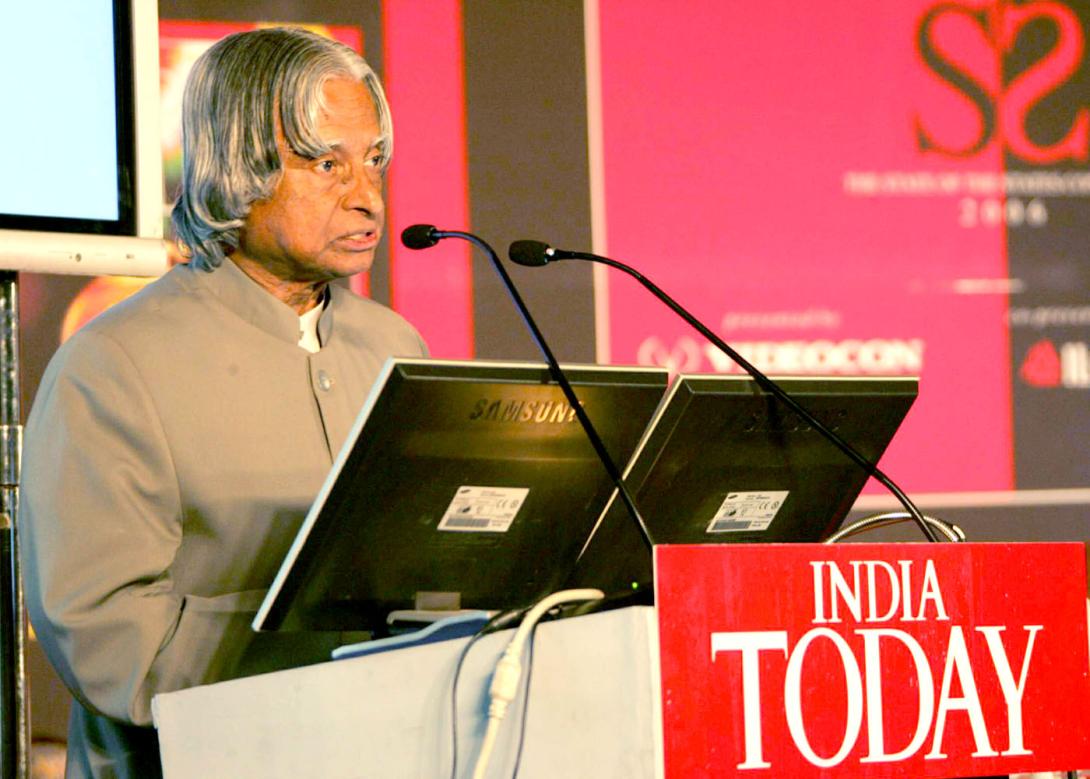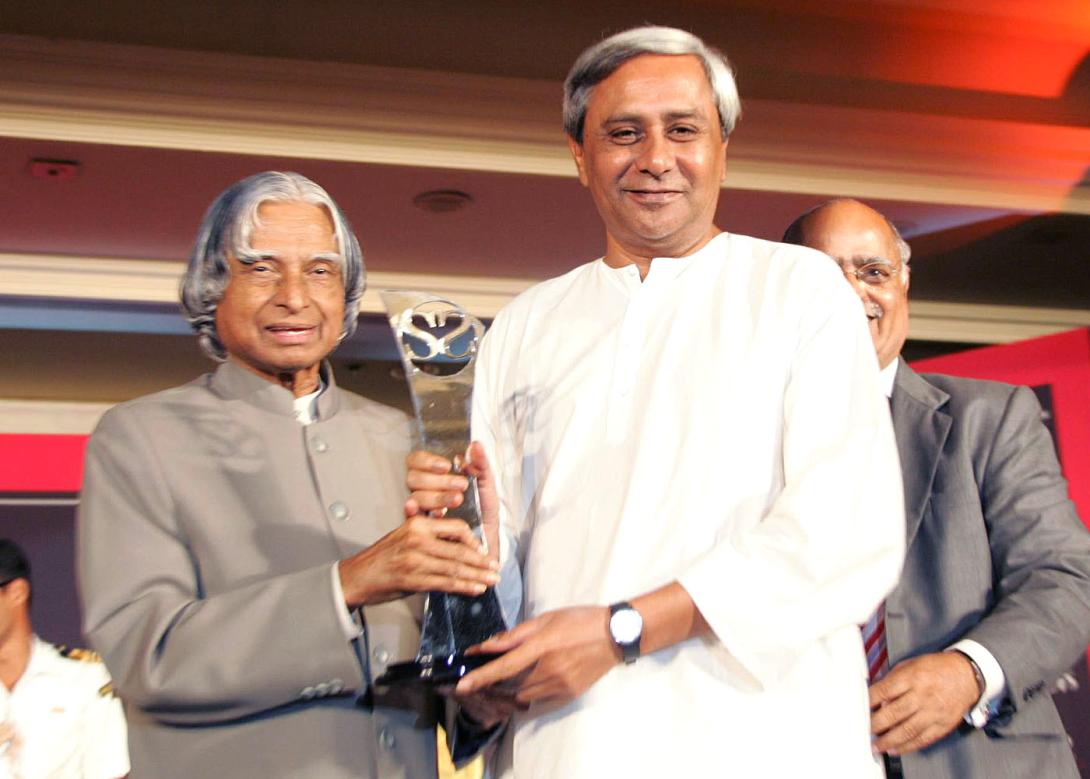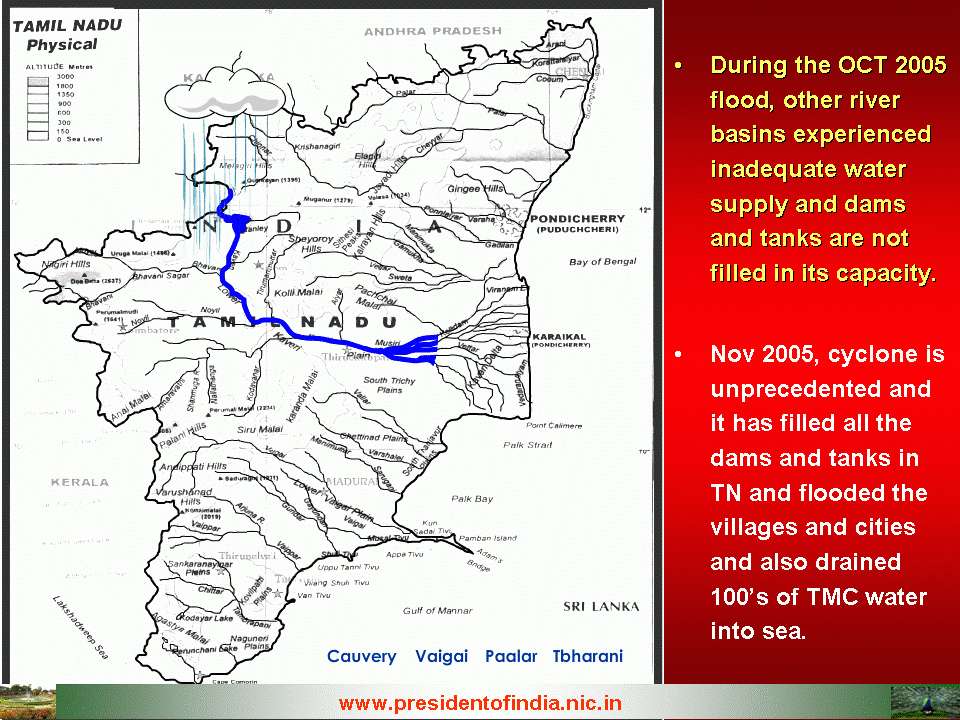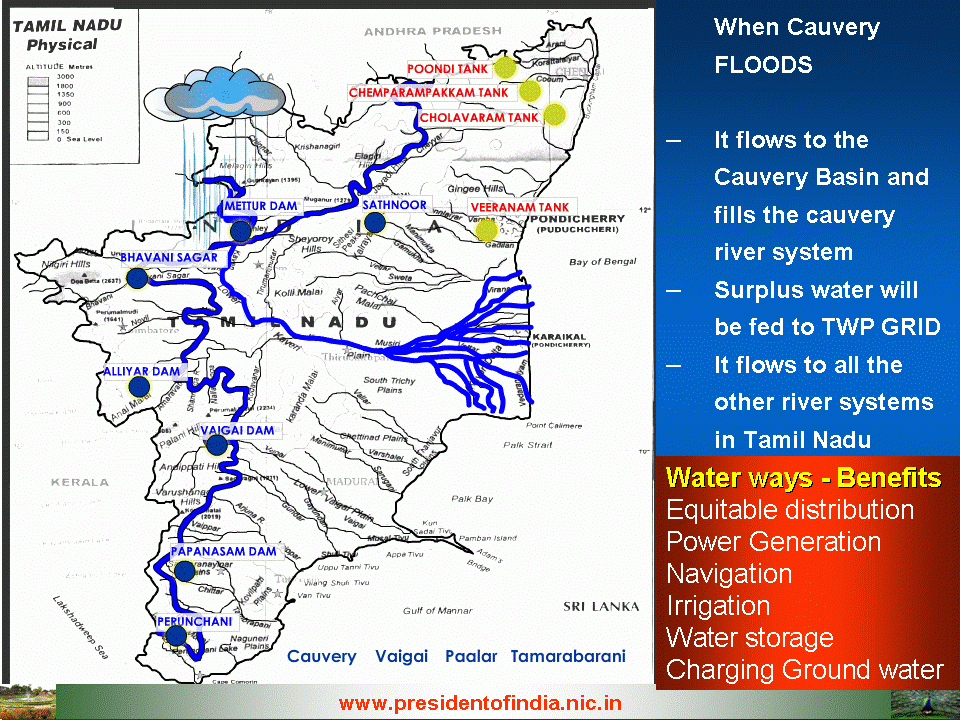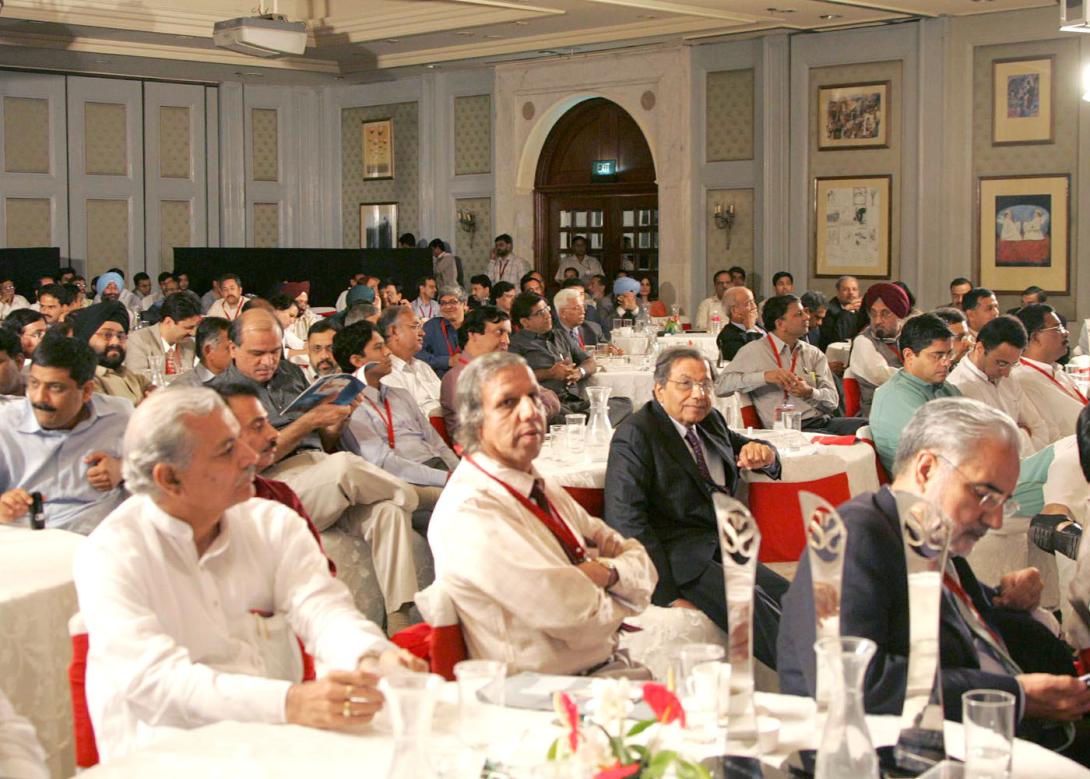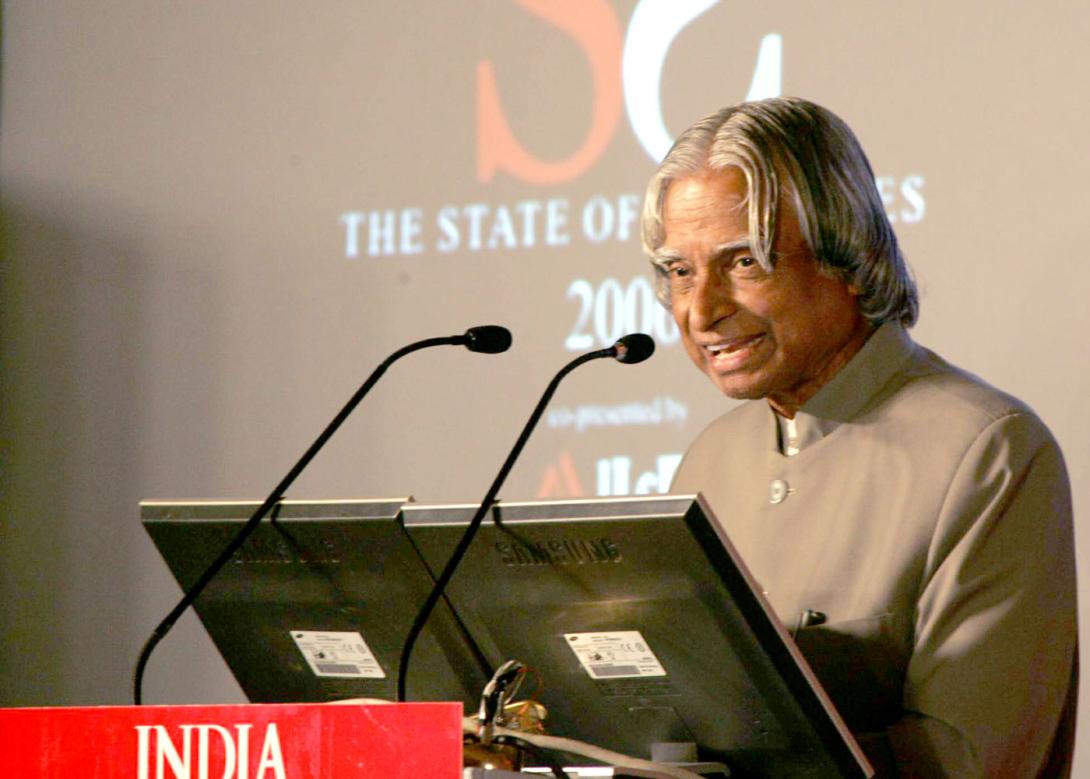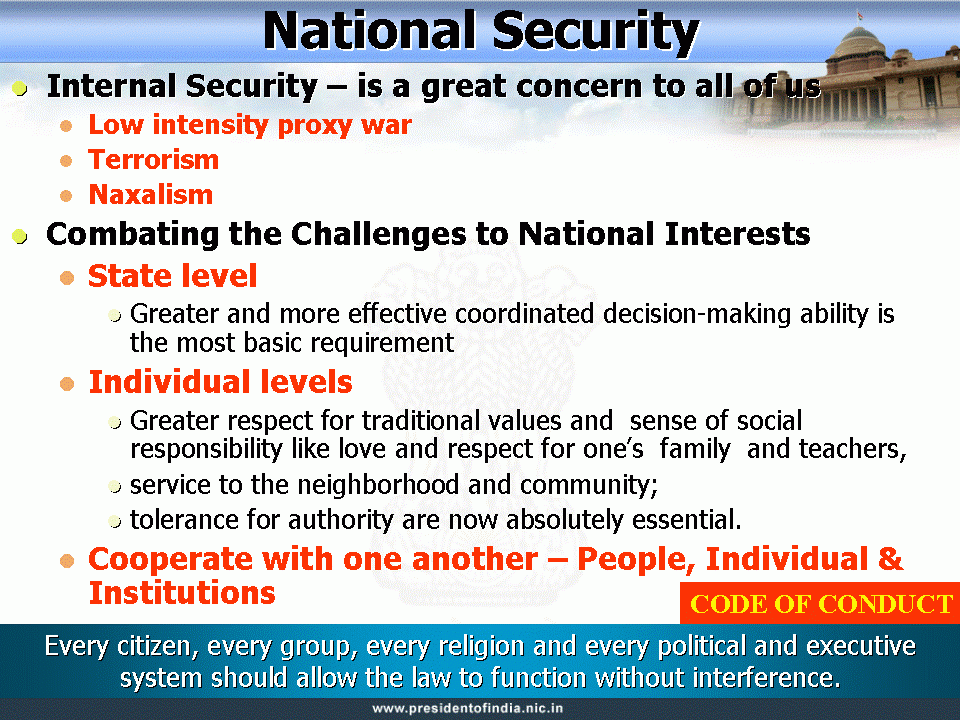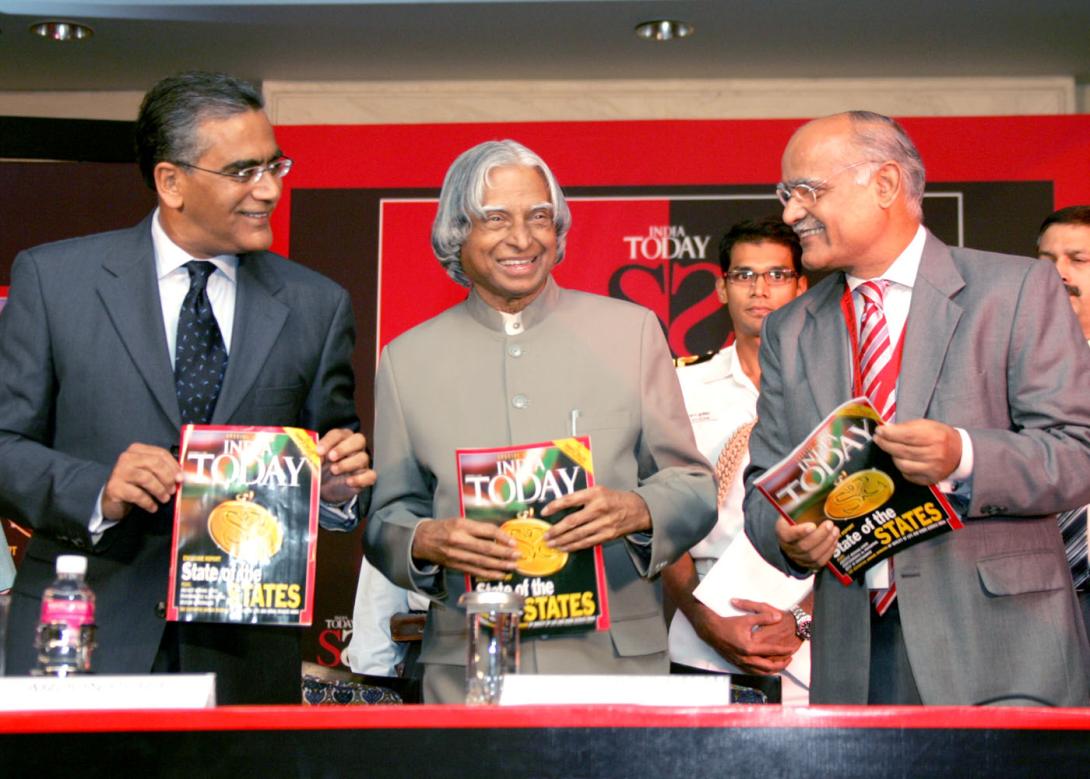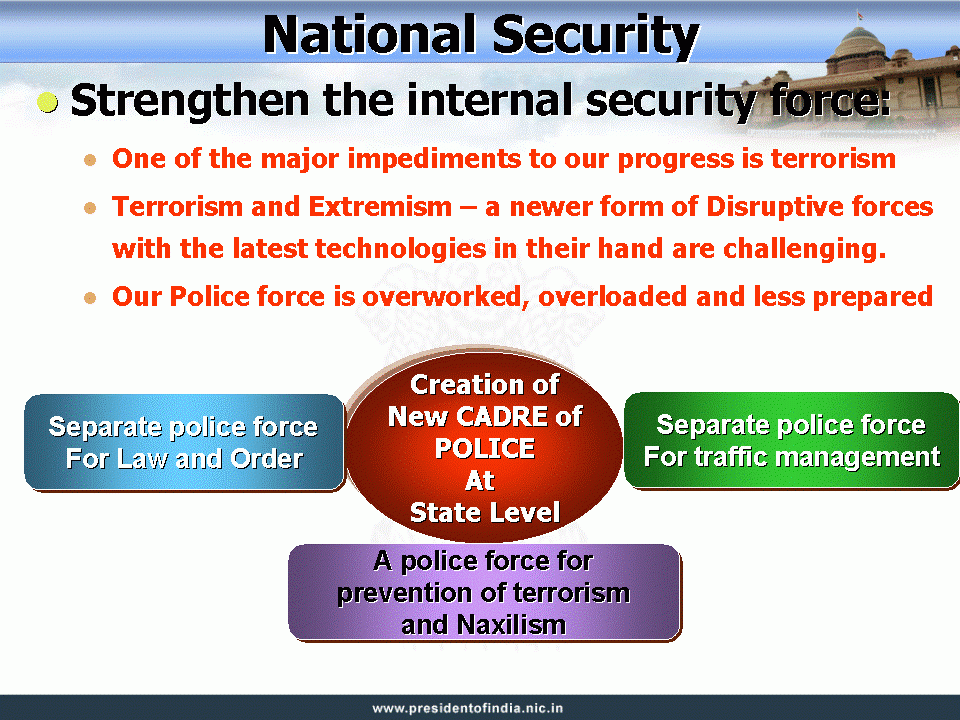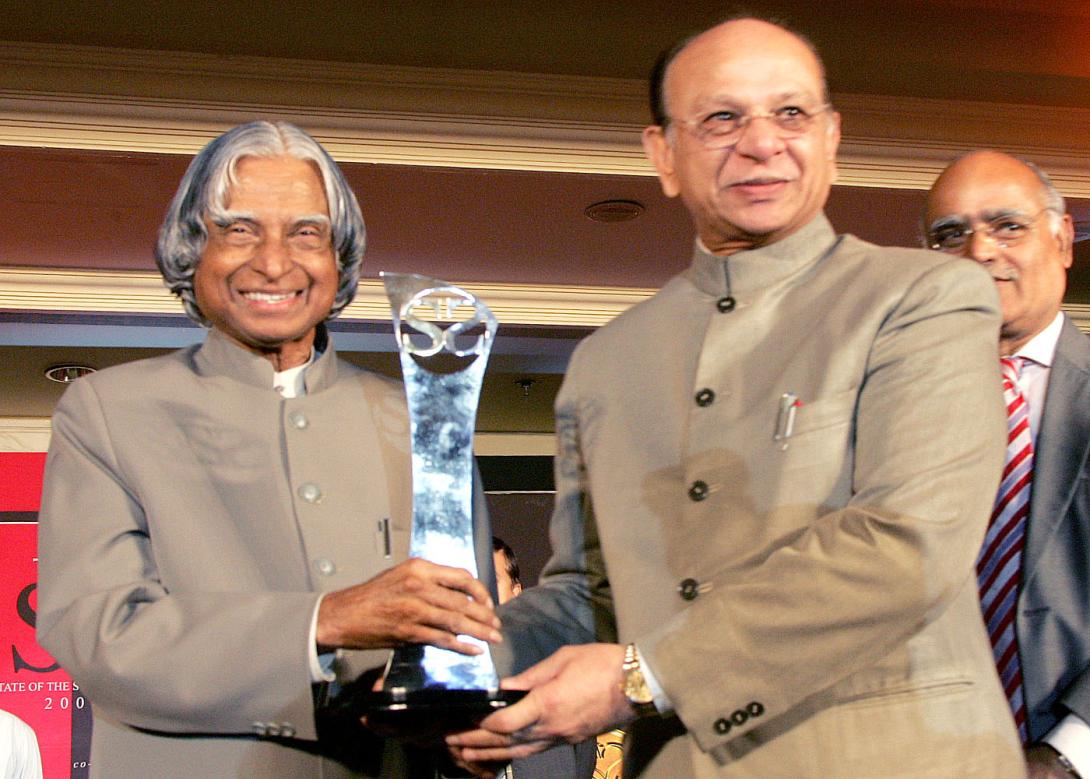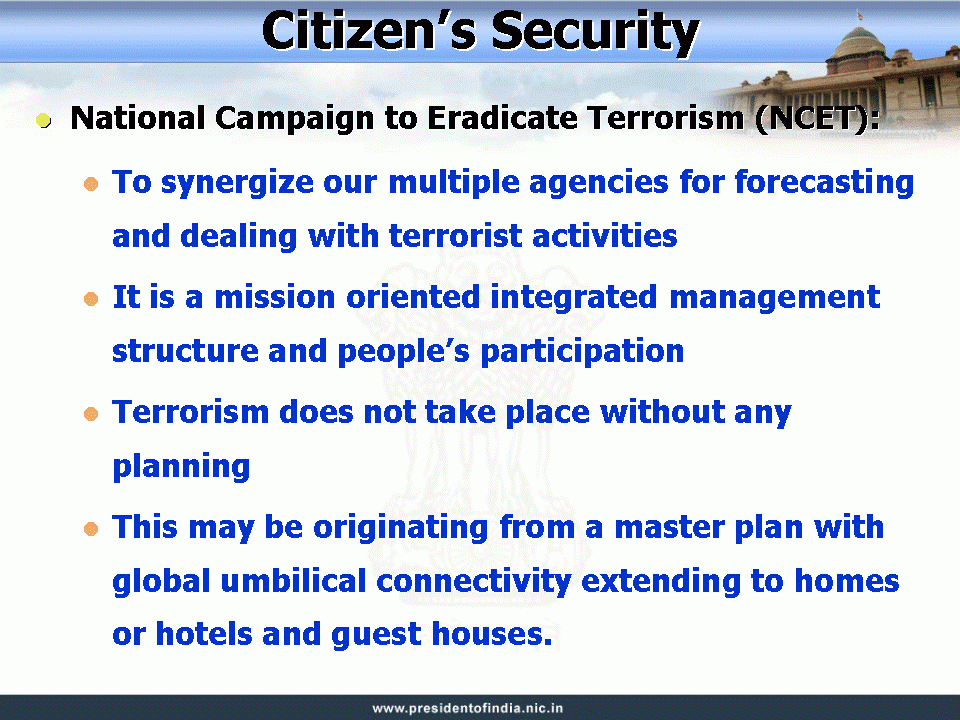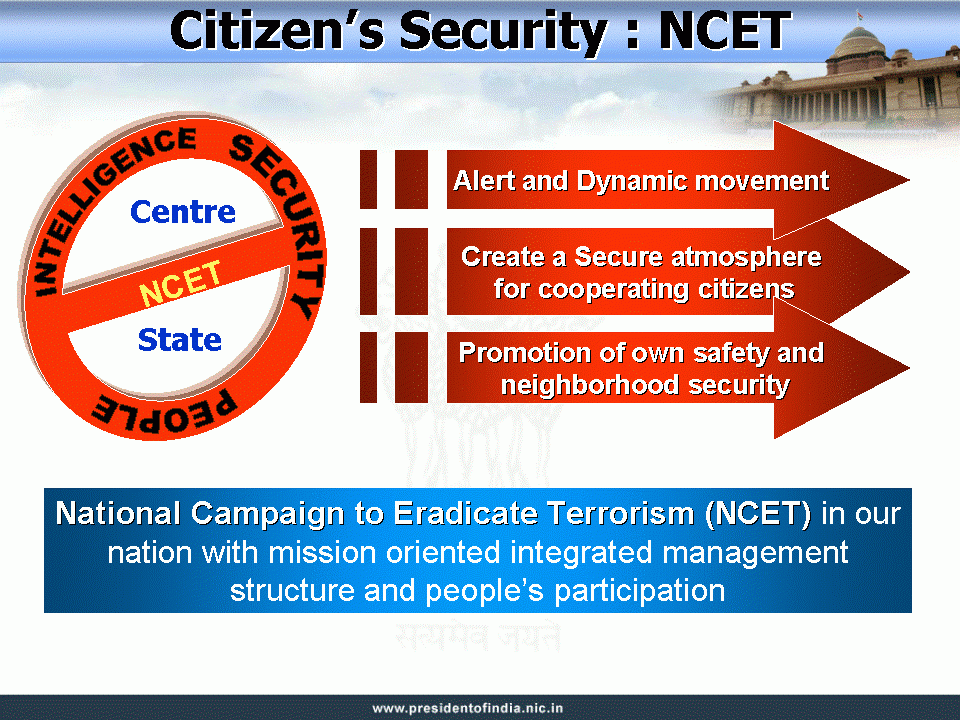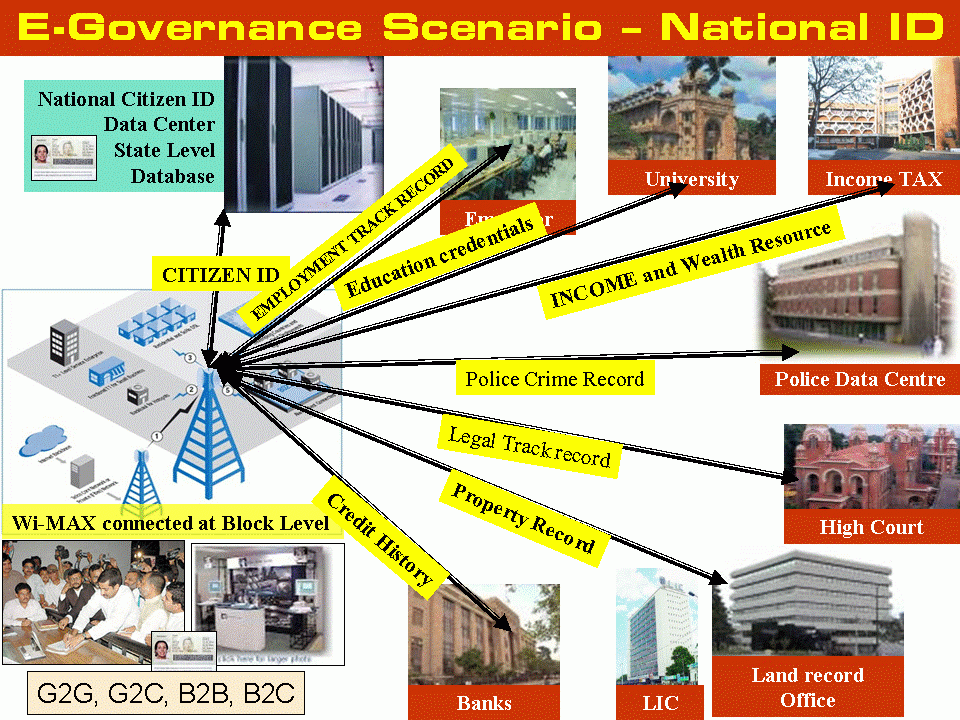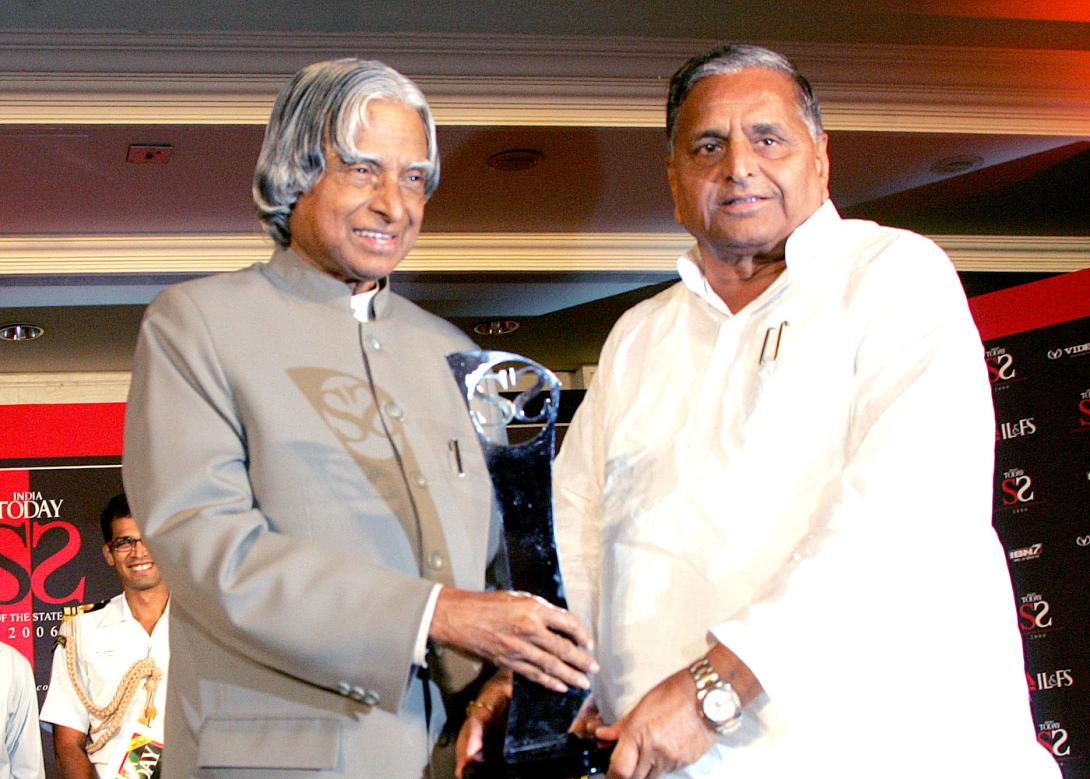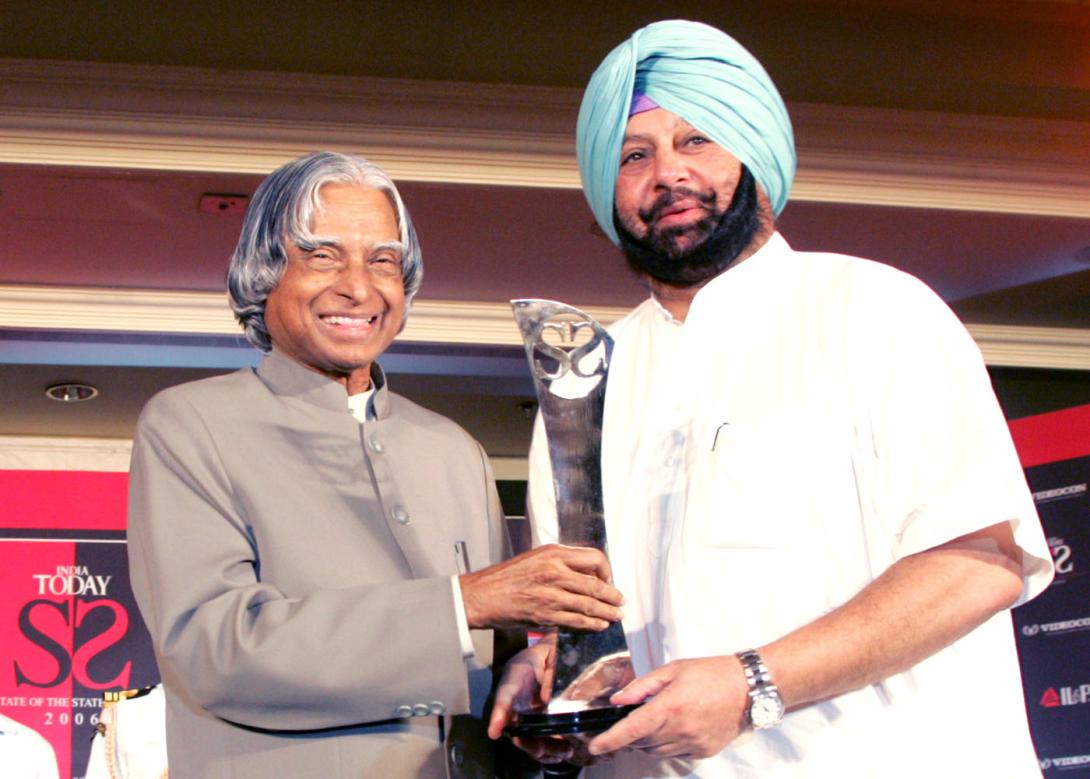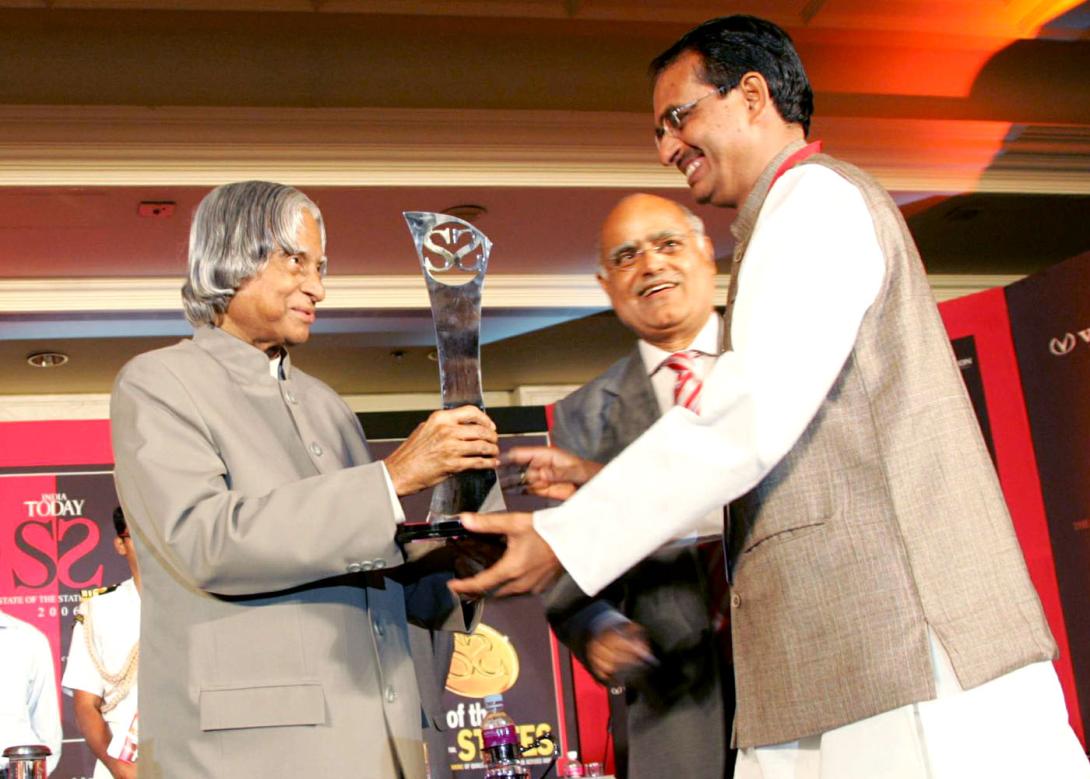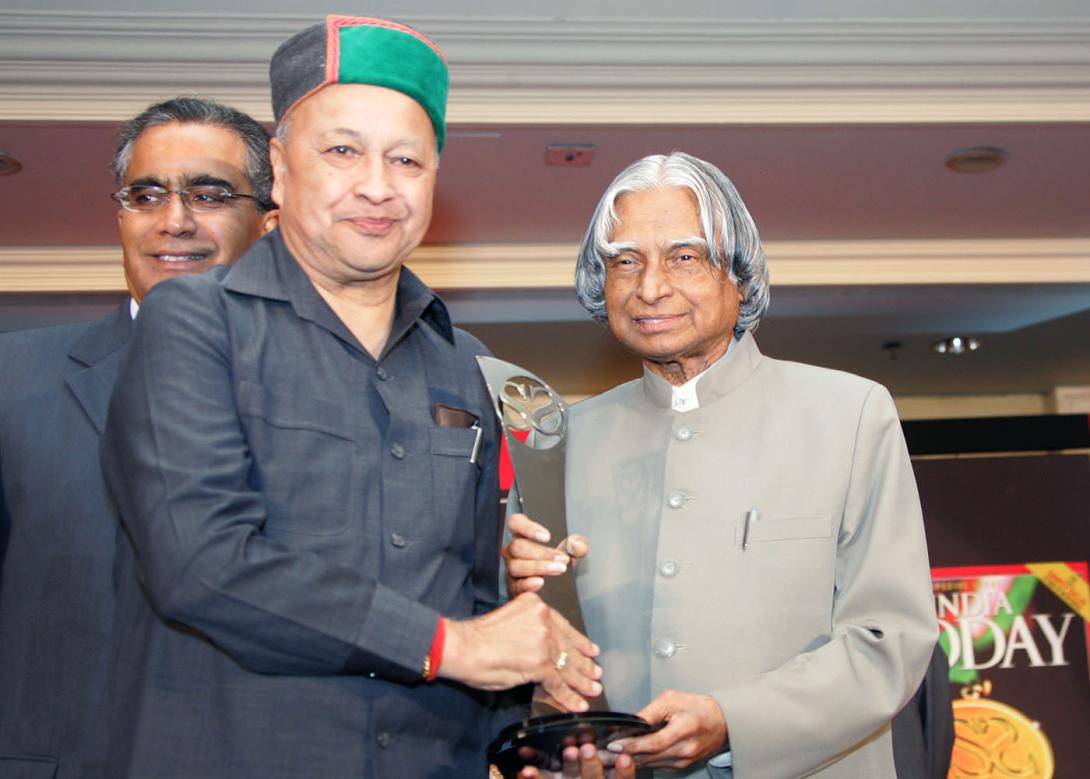Address at the 4th India Today Chief Ministers' Conclave, New Delhi
New Delhi : 01-09-2006
Peace and Harmony Accelerates Development
I am delighted to participate in the 4th Chief Ministers' Conclave organized by India Today. I extend my greetings to the Chief Ministers, organizers and distinguished guests. India Today?s effort in bringing out the competitive profiles of the states and then undertaking periodic analysis, putting forth the performance index of the states in a forum like this, will certainly be a seed towards the development path. I congratulate India Today and the states for these efforts. Friends, in my earlier talks in this forum and elsewhere, I have been focusing on the missions for a Developed India 2020. I have also addressed ten State Legislatures and discussed various missions for the prosperity of their states based on their core competence and emphasized that the developed villages lead to developed blocks; developed blocks lead to developed districts; developed districts lead to developed states and developed states lead to a developed India.
I am happy to see that a number of states are taking proactive steps and are implementing development missions on priority and the economic profile of the country is in ascent phase. However, there are certain problems and issues that require the attention of all the states. There are many occasions when we tend to pay attention to small and trivial issues at the cost of major development tasks. Our aim should be to concentrate on the prime development of the states and the nation. I was thinking what thoughts I can share with you. I feel the time has come for us to take stock of the gains of our development process achieved so far, set our goals, identify the impediments that may come in the way and evolve mechanisms to combat the impediments. I have chosen the topic of my talk as "Peace and Harmony in the states accelerates Development."
But I am not going to fully cover the topics; however the copy of my talk will be given to you. Let me now directly interact with you based on the panel topics for the India Today?s Chief Ministers Conclave:
1. The performance - potential gap in states growth?
2. What are the states doing to improve the urban infrastructure?
3. Fiscal prudence
4. Privatization
5. What are states doing for better water management?
Panel topic 1: The performance - potential gap in states growth?
When I addressed, the Legislative Assemblies and Councils of the states, the focus was on time bound development missions for the prosperity of the states. It was centered on four major parameters:- increasing the percapita income of the state, decreasing the percentage of the people living below the poverty line, enhancing the Human Development Index and employment generation for all eligible citizens of the state. My presentation on the mission for the prosperity of the states in a specific time period was based on:
- (i) the analysis and discussions with various spectrum of specialists whom I met during the visit, (ii) Planning Commission?s Report and (iii) Central and State Ministries? input on various programmes, progress and problems. I believe, that after meeting the various cross sections of the people and studying the economy of the states, the targets that the states must meet within the next 10 years has become clear. These targets have been worked keeping in mind the core competence of the states and the available natural and human resources. For example, as it can be seen in the figure, the goals have been set for all the 4 parameters. Typically the target set for Kerala are:- increasing per-capita income from Rs. 23,000 to Rs. 50,000 by 2009, reducing the people below poverty line from 14 percent to 0 percent by 2015, maintaining the Human Development Index at 1 and finding productive employment for 3.7 million people by 2012. The highest priority has been given for waterways and tourism. In the case of Jammu and Kashmir the target is to increase the per capita income from Rs. 16,000 to Rs. 50,000 by 2012, reduce the people below the poverty line from 40 percent to 0 percent by 2015 and provide productive employment for over 5 lakh people by 2012. The focus will be on horticulture with value addition and tourism. In the deliberations at the Assemblies and Councils of the states, I also described the development radars brought out by the Planning Commission. I suggest that the Conclave may like to analyze the performance of individual states based on the progress made on the development indicators. What I have presented to the ten assemblies during the last two years can be studied by the Conclave.
Panel Topic 2: What are the states doing to improve the urban infrastructure?
Panel Topic 3: Fiscal prudence
Panel Topic 4: Privatization
Panel Topic 5: What are states doing for better water management?
Now, I am going to discuss what can be the impediments for the development that will come in the way of the progress. They are: law and order in the states and the collateral damages caused by terrorism, Naxilism, extremism and other forms of low intensity, proxy warfare in certain regions. In my talk today, I would focus on how to combat these impediments for achieving our mission of a Developed India before 2020.
National Security
Peaceful and harmonious conditions in all parts of the country are essential for people to cooperate with one another for accelerated national growth. However, there are challenges to peace, from across our geographical borders, from terrorism and violence. These dynamic challenges call for special measures to ensure a comprehensive, integrated system of security.
Internal Security: Let me now discuss an important aspect of security that is drawing the attention of the entire country and the world. The constant threat of low intensity proxy war and terrorism has become a disturbing feature of national life. This constitutes the new face of war. Dear friends, this matter is of great concern to all of us. We must address the cause and reason for the extremism, reforms have to be brought in through proper law, for example land reforms, updating and evolution of new law and administrative procedures. Therefore, I propose to share my thoughts with you on how we can face this challenge and resolve to eradicate this threat.
Combating Challenges to National Interests: At the State level, greater and more effective coordinated decision-making ability is the most basic requirement. At the individual level, greater respect for traditional values and sense of social responsibility like love and respect for one?s family and teachers, service to the neighborhood and community; tolerance for authority are now absolutely essential. Above all, we as people, individuals and especially institutions, require increased ability to cooperate with one another, improving thereby our work and personal relationships. While we have the basic structure in the form of law, police cadres, intelligence agencies and the judicial system, we need to reinforce them with required updates with a code of conduct. Every citizen, every group, every religion and every political and executive system should allow the law to function without interference.
Strengthen internal security forces: One of the major impediments to our progress is terrorism. Terrorism and extremism have been newer forms of disruptive forces which have to be handled by the police. These forces work across many states and have links outside the shores of India. They also use latest technologies, particularly communication and computers very effectively. With such new forms of disruptions emanating, the police are currently over worked and less prepared. There is a need to create three different cadres of police at the state level. They are:
1. A separate police force for law and order.
2. A separate police force for traffic management.
3. A separate police force for prevention of terrorism and naxalism.
We could convert terrorism and extremism related problems into opportunities to strengthen our police forces and provide a window for generating employment for youth and inculcating discipline among youth.
Our police force has a task of maintaining law and order. In order to contain terrorism, the police force will have to create a new cadre who are trained in low intensity warfare and are equipped with state of the art technologies. A very conscious police force using a combination of human intelligence and with connectivity across police forces in many states is the need of the hour. Such a modern police force can effectively contribute to the eradication of the terrorism and extremism so that the nation can pursue its cherished goal of a developed India in a more focused way.
Citizens' Security
I believe the time has come, to synergise our multiple agencies for forecasting and dealing with terrorist activities. We need to evolve a National Campaign to Eradicate Terrorism (NCET) with a mission oriented integrated management structure and people?s participation. It has been recognized that terrorism does not take place without any planning. It may be originating from a master plan with global umbilical connectivity extending to homes, hotels and guest houses.
NCET will facilitate the working together of the intelligence and security machinery both at the State and the Central level to achieve the desired objectives. The NCET will be an alert and dynamic movement, which would prevent hotels and homes being used as a shelter by terrorists and extremists. We have to create a secure atmosphere where citizens who wish to co-operate in the peace mission must themselves feel secure. Then citizens can participate in the important function of promoting their own safety and the security of their neighbourhood. This challenge is particularly acute in areas where there is a floating population in transition through residential areas, hotels and other similar places that could unknowingly be used for wrong purposes.
The Government may consider introduction of National ID Cards and implement the National e-governance GRID for all Government to Government, Government to Citizens, Business to Business and Business to Citizen transactions within two years time. It is essential to create a special monitoring methodology for unusual and abnormal banking transactions.
Today, with the introduction of computerized banking and computerized communication systems, the world of data mining is very advanced to detect such anomalies in real time. The judiciary must consider the creation of a fast track judicial process for settling terrorism related cases.
Conclusion
When the nation awakens and embarks upon a voyage with a single mission of Developed India 2020, when the nation consistently shows economic development of nearly 10 percent growth in GDP, when Indian citizens occupy in large numbers the list of the top 100 richest persons in the world, when Indian MNCs become common place and when Indian knowledge workers contribute to a borderless world, one would have thought that the march towards a developed India would be a path filled with roses. Suddenly you realize that the bed of roses has got thorns of impediments for the overall sustained development across the nation. But the developed India can be realized only when the quality of life of one billion plus Indian citizens is improved. Indian determination is so strong only personified by the great Himalayas, it can overcome all hurdles. Once we cross the hurdles and become what we want to be, disruptive forces will look ever so diminished and would ultimately vanish.
So far I have discussed with you the targets for growth, social development, development oriented missions, development with peace mission, trust and confidence in governance, political system, e-governance for transparent administration and finally national security leading to citizens' security. Peace and citizens security is an equally important development component for national development.
In this mission, the Chief Ministers are the main pillars. Their working intensely with the focus to meet the development targets for their states and working with other Chief Ministers and with the Central Government to combat the impediments against development, will be the key to their success and the success of the nation.
I congratulate the Chief Ministers who have received India Today awards for the excellent performance of their states in various disciplines.
May God Bless you.

